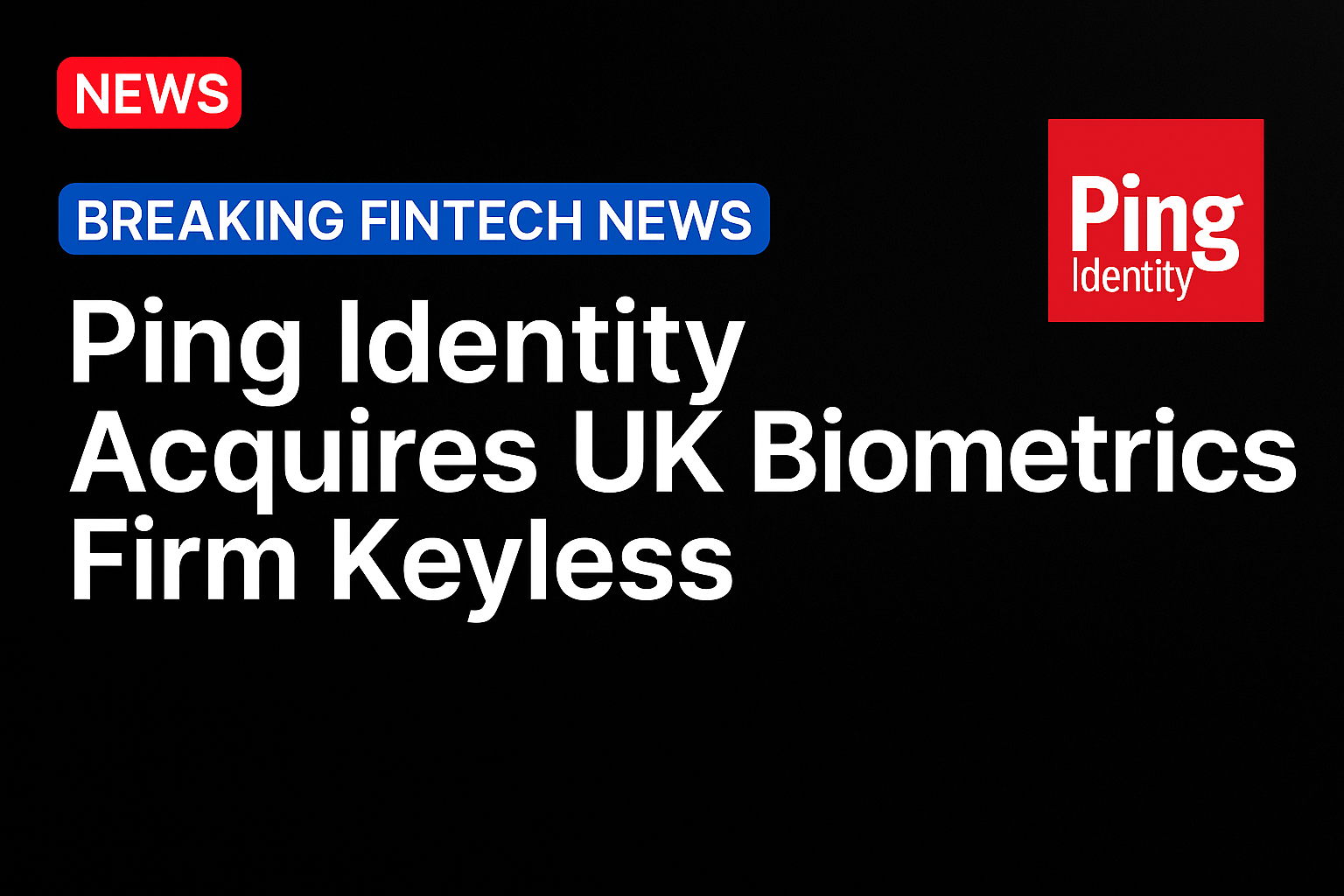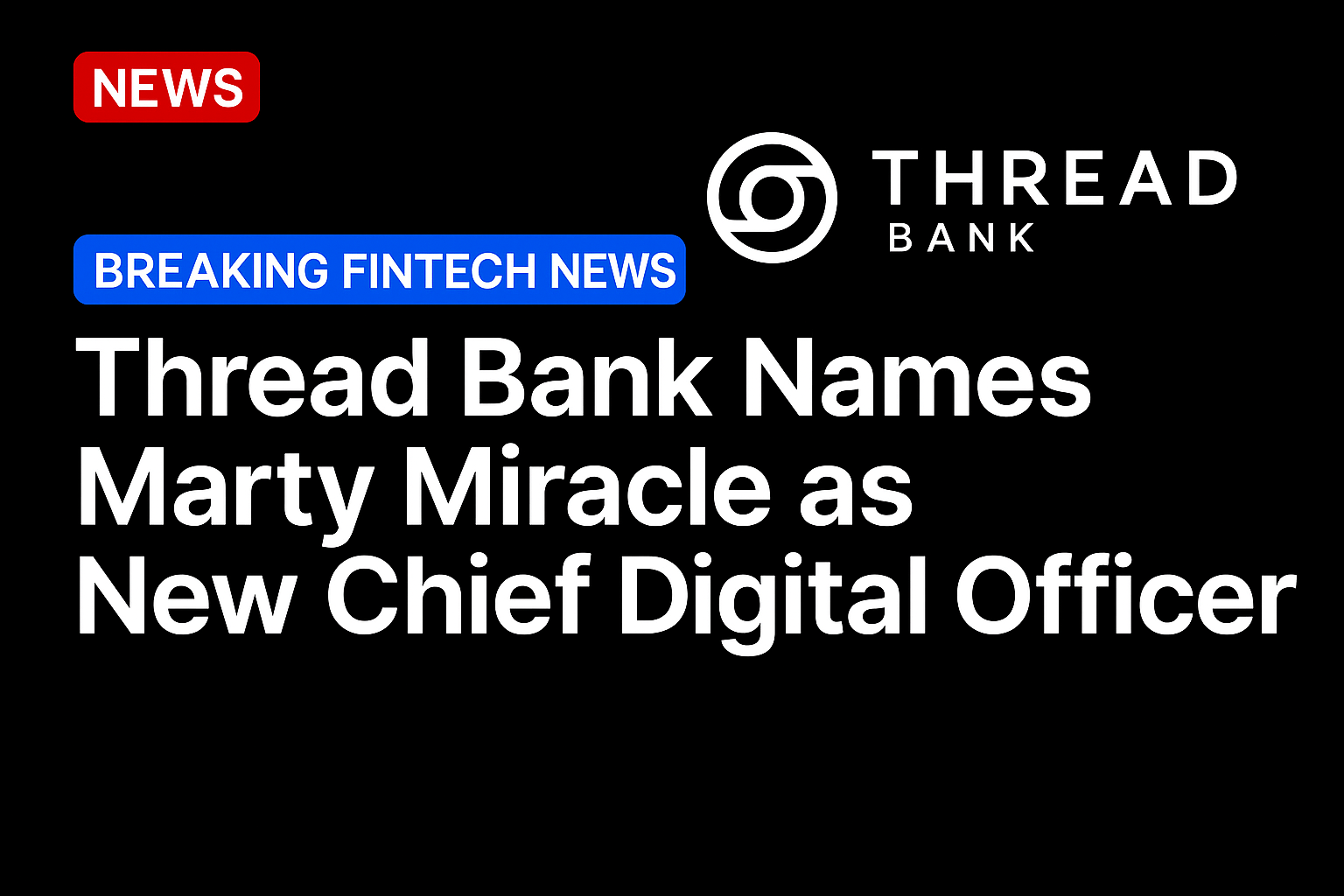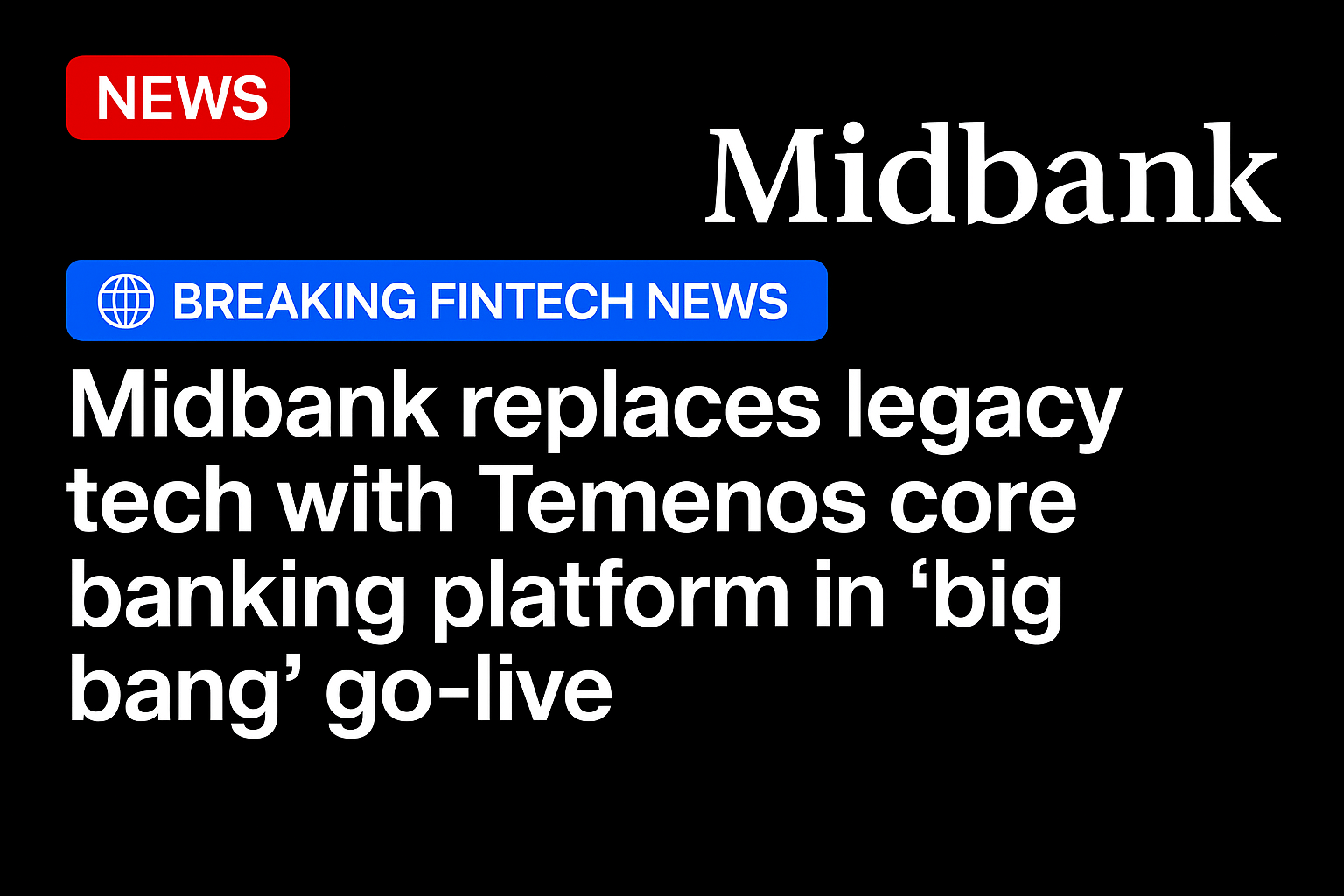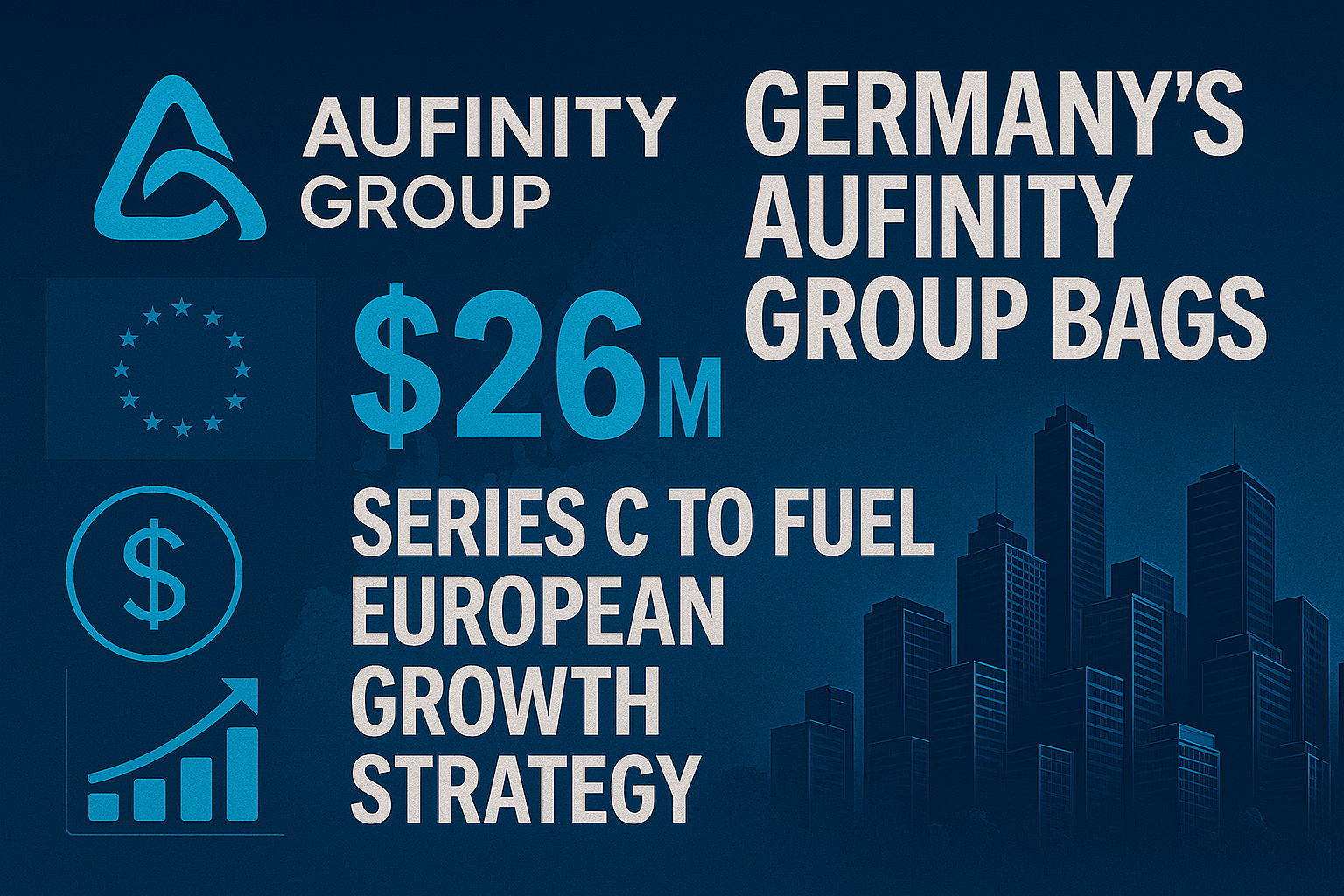
Ping Identity, a US-based identity security firm which manages over 3 billion digital identities globally, has signed a definitive agreement to acquire UK-based biometric authentication company Keyless. The financial terms and completion timelines for the deal have not been disclosed.
Founded in 2019 by CEO Andrea Carmignani, COO Fabian Eberle, and Paolo Gasti, Keyless’ Zero-Knowledge Biometrics technology enables multi-factor authentication in 300 milliseconds without storing biometric data. The solution works across more than 1,000 devices and verifies users through facial recognition and device authentication while keeping biometric information off both devices and cloud servers. Current clients include Experian, IDnow, and Moneyfarm.
Last year, Keyless raised a $2 million funding round co-led by existing shareholders Rialto Ventures and Experian Ventures to support expansion into North America, Ping Identity’s local market.
Following the completion of the deal, Ping Identity plans to integrate Keyless’ privacy-preserving biometric verification tech into its existing platform, which provides single sign-on, multi-factor authentication, threat protection, and identity verification services. The integration will bolster Ping Identity’s compliance capabilities for global privacy regulations, such as GDPR, CCPA, and PSD3, while improving customer protection against account takeover fraud.
“In an era where trust is continuously tested, organisations must deliver digital experiences that are more secure, private, and effortless,” explains Andre Durand, CEO and founder of Ping Identity. “By joining forces with Keyless, we aim to make privacy-preserving authentication as simple as a glance—building greater confidence into every digital interaction.”
Keyless says in a LinkedIn statement regarding the acquisition: “For our customers, partners, and community, there are no immediate changes. Keyless will continue to operate independently until the transaction officially closes.”
Source: https://www.fintechfutures.com/




